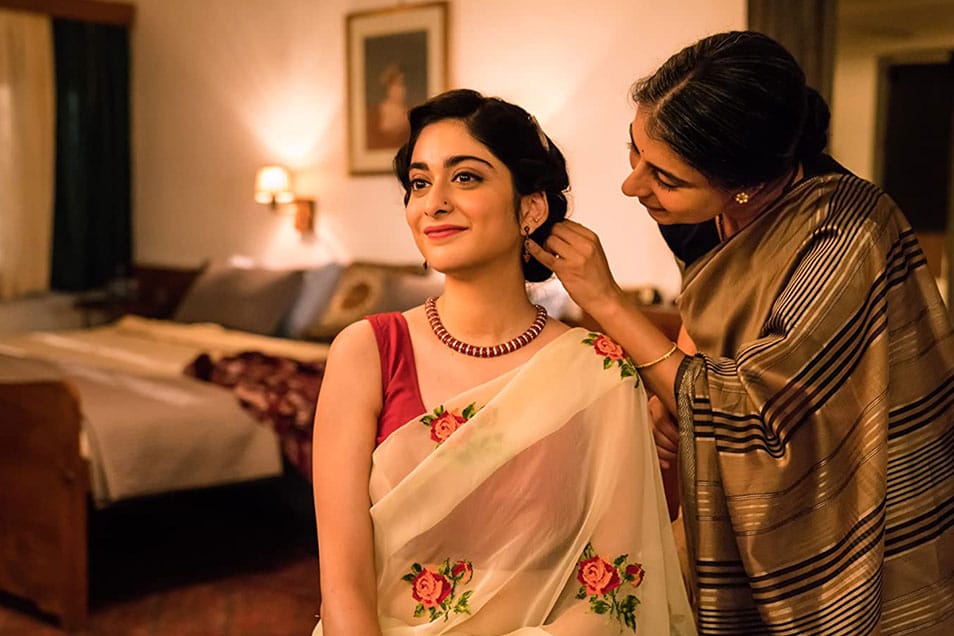
For the first time in history, Vikram Seth's A Suitable Boy, the 1993 novel which remains as one of the longest s in the English language is being adapted for the screen, and we can't wait to binge it.
Set to release in the UK on July 26 as adapted by BBC, A Suitable Boy tells the story of 19-year-old Hindu university student Lata, played by Tanya Maniktala, who is under pressure from her mother to find an appropriate husband in 1951 post-partition India. The setting of the story alone is a time charged with political and social change, and while tensions rise between 1950 India's Hindu and Muslim communities, a chance encounter leads Lata to fall in love with a Muslim boy named Kabir, echoing these tensions on a micro-level.
Directed by Mira Nair, best-known for her 2001 film, 'Monsoon Wedding' and a champion of diasporic storytelling throughout her career. When the production was announced, Nair stated "Vikram tells the story of a free India and our people with wit, clarity and love -- I am deeply honoured to be the one bringing this intimate, epic tale of an unseen India to the world. Today, A Suitable Boy is timelier than ever. With a mix of legendary and cutting-edge actors from the subcontinent, shooting entirely on location in palaces, villages and streets across northern India, we will keep the history and dream of an alternate India alive."
For the first time ever, the six-episode series will come to life with a cast who is entirely people of colour. 22-year-old Maniktala told The Guardian in an interview ‘This is an Indian story, so it’s about time it was told by us.”. BBC commissioning editor, Mona Qureshi, has stated, "It's a Landmark" she explains "With a novel like this, where there aren’t characters who are white, it makes sense to have an all south Asian cast. It has been a long time coming.”.
Director Mira Nair, however, does not see 'A Suitable Boy' in quite the same way. “When people say the casting of the show is radical, it’s only radical to you guys,” she told The Guardian “It’s about time that this western world understands that we have extraordinary talent and that should be normalised.”.
We for one can hardly wait to witness a new perspective and an Indian narrative told in the way it should be: by Indian and South Asian people.



